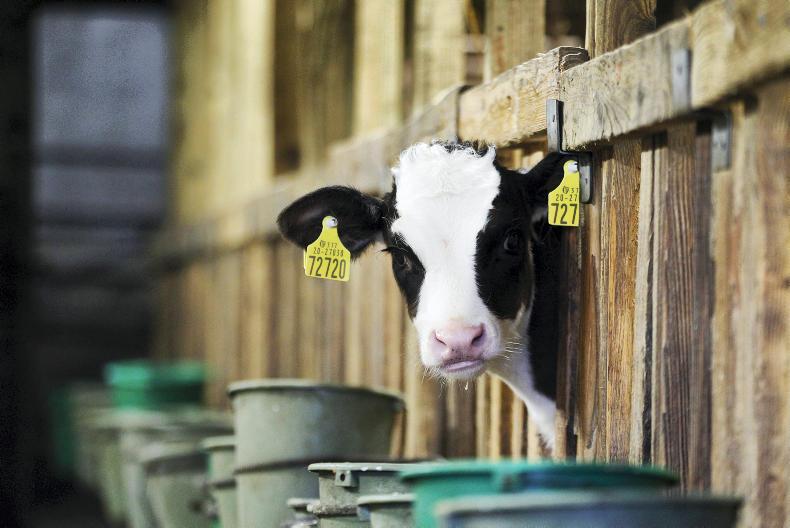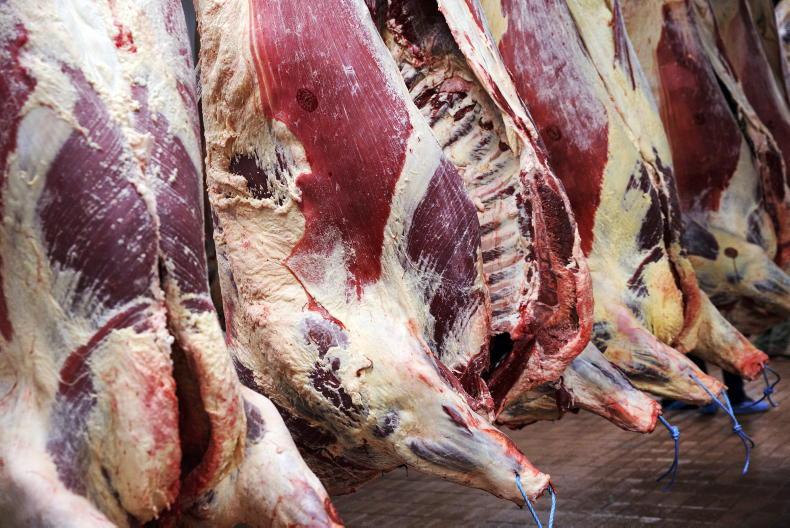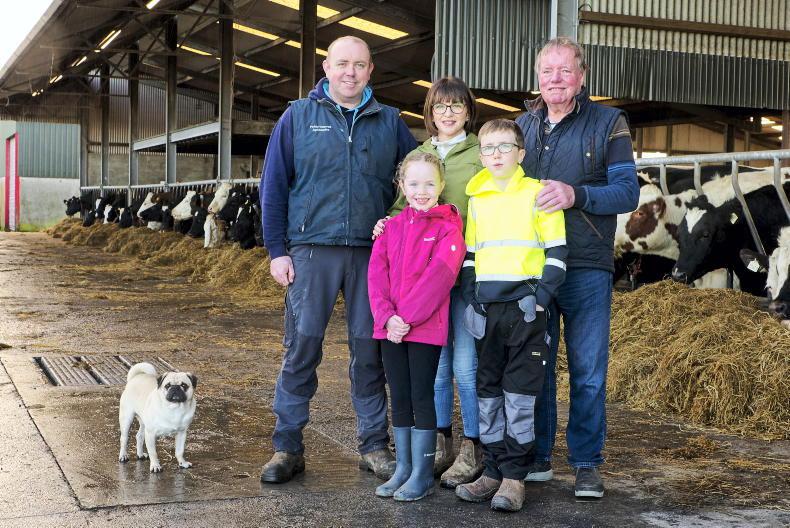The dairy industry can no longer make decisions based solely on productivity, according to a senior vet with the Department of Agriculture.
Department vet Mike Sheahan said calf welfare and sustainability must come into the equation during his address to the Irish Co-operative Organisation Society (ICOS) national conference.
“We have to realise that there are costs and consequences to the decisions we make,” Sheahan said.
Sheahan asked whether “more carrot, or perhaps more stick” was required from dairy processors to push farmers in a certain direction.
“With antibiotics [in milk], it was largely a penalty-based system and by God it solved the problem, almost overnight. With somatic cell count… by way of incentives, the dairy sector has largely solved that problem.”
Teagasc director Gerry Boyle said action was needed urgently but that the industry seemed “paralysed in taking that action”.
He suggested dairy farmers needed to keep calves on farm for a minimum of three to four weeks. Currently, calves cannot be presented for sale before 10 days.
Sheahan said a limit of 14 days had been suggested and that it could be looked at again.
Sexed semen
Sexed semen was also discussed. Boyle said it could reduce the number of dairy bred bull calves.
An average conception rate of 82% was achieved in Teagasc’s latest trial.
ICBF director Andrew Cromie said while it was part of the solution, particularly for low-quality calves, there was a problem: “Those calves are coming from the herds that are most focused on compact calving and any reduction of female fertility performance is not a good-value proposition.”
Sean O’Sullivan from Cork Marts warned: “What we’re talking about here is protecting the image of the dairy industry, and protecting the price of milk to the dairy farmer.”









SHARING OPTIONS